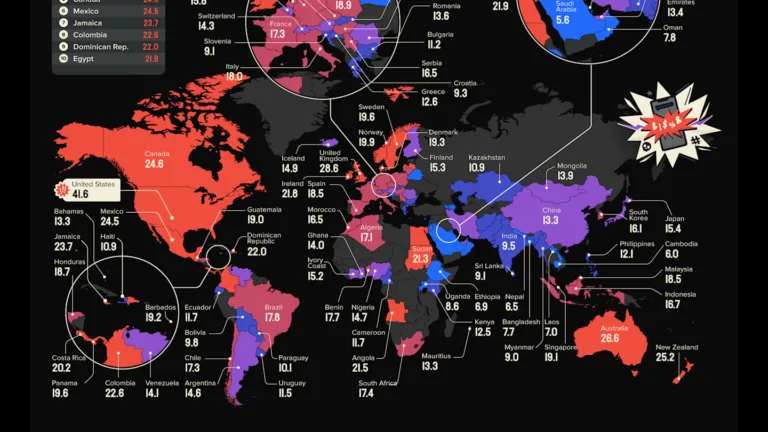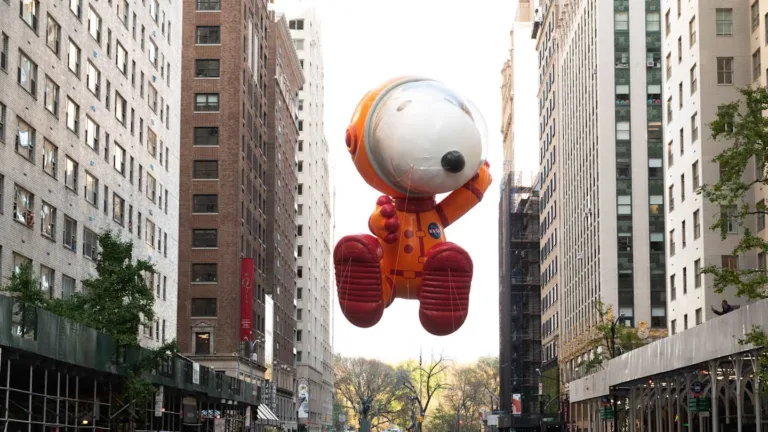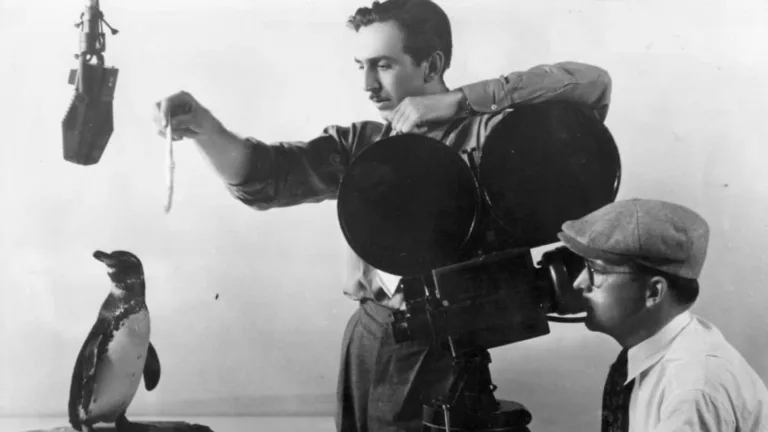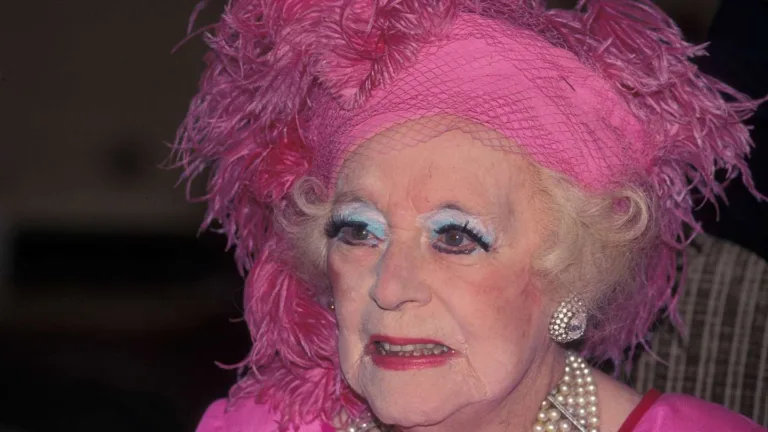We all know them – those pesky bloodsuckers that ruin a perfect summer evening or hike in the woods. But did you know that across North America, these little creatures have nicknames as diverse as the regions themselves? From the familiar “mosquito” To More Creative Terms Like “Katynipper,” people have always found colorful ways To Describe These Annoying Insects.
This exploration dives into the fascinating world of slang for mosquito, uncovering unique names used in different parts of The United States and beyond. You might be surprised to learn that a mosquito in Louisiana is called a “Maringouin,” while those buzzing around in colder regions are known as “Snow Mosquitoes.” Each term has its own history and cultural context, reflecting how people have interacted with these tiny biters for generations.
Get ready to expand your vocabulary (and maybe even learn a new Way To Complain About mosquitoes!) as we explore this vibrant tapestry of regional language and insect encounters.
A Buzzing Lexicon: Regional Mosquito Names
Let’s embark on a linguistic journey across North America, where the humble mosquito has inspired a fascinating array of regional names. In the South, you’Ll Often Hear Terms Like “Gallinipper,” “Katynipper,” and simply “Nipper.” These nicknames likely originated from the Painful Bites These Mosquitoes Deliver, leaving you feeling quite nipped indeed.
Heading further north, you might encounter the intriguing “Nighthawk,” a name that serves as both a mosquito moniker and a nocturnal bird in certain regions. This duality highlights the interconnectedness of nature and how even seemingly different Creatures Can Share Common Names. Then there’s the infamous “Jersey Mosquito,” notorious for its resilience and abundance along The East Coast, almost earning a bad reputation among locals!
Exploring these diverse terms reveals a rich tapestry of cultural experiences and interactions with mosquitoes. Each name tells a story about Local Customs, Shared Fears, and perhaps even a touch of humor when it comes to these Persistent Pests.
Southern Sayings: Gallinippers, Katynippers, and Nippers
If you find yourself in The Southern United States, be prepared for a unique set of terms when it comes to Those Pesky Bloodsuckers. Folks down South have long had nicknames for mosquitoes, with “Gallinipper,” “Katynipper,” and “Nipper” being some of the most common. These names likely stem from the Intense Bite These Mosquitoes Deliver, leaving you feeling anything but happy.
The term “Gallinipper” is particularly evocative, conjuring up images of a fierce, almost mythical creature with its razor-Sharp Pincers. It’s no wonder that these Mosquito Slang terms have become deeply ingrained in Southern culture, capturing the essence of a hot summer evening spent battling these relentless biters.
Whether you’re enjoying a barbecue or taking a stroll through the countryside, keep an ear out for these Colorful Expressions. They’re a testament to the rich linguistic heritage of the South and offer a glimpse into how people have always found humor and creativity even in the face of annoying insects.
 How Old Was Cher When She Made Moonstruck: A Romantic Comedy Classic
How Old Was Cher When She Made Moonstruck: A Romantic Comedy ClassicBeyond the South: Unique Terms from Coast to Coast
Venturing beyond the South, we discover a treasure trove of unique mosquito names across North America. In colder regions, you might encounter the intriguing “Snow Mosquito,” a name that speaks to their persistence even in less hospitable climates. It’s a reminder that these bloodsuckers can adapt and thrive almost anywhere. Further west, the term “Brasshead” Pops Up, perhaps referencing the shiny appearance of certain mosquito species or simply adding a touch of whimsy to this Insect Lexicon.
Interestingly, some regions have adopted names that reflect local folklore or legends. For instance, in certain areas, the “Paul Bunyan Mosquito” might make an appearance, paying homage to the legendary lumberjack with its oversized size and appetite. These creative nicknames offer a glimpse into how cultural stories and shared experiences shape our language and perceptions of the world around us.
This diversity of terms highlights just how deeply ingrained mosquitoes are in Our Collective Consciousness. From coast to coast, people have found ways to identify these insects with their own unique flair, adding a layer of richness and color to our understanding of both nature and language itself.
Cultural Contexts and Colloquialisms
The names we use for mosquitoes often reflect not only regional differences but also cultural contexts and shared experiences. Some terms might be rooted in local folklore or legends, adding a layer of storytelling to our understanding of these insects. Think about the “Paul Bunyan Mosquito,” a name that evokes a sense of larger-than-life proportions and ties into a beloved American legend.
These slang for mosquito terms often carry a weight beyond their literal meaning. They can encapsulate feelings of annoyance, frustration, or even humor when faced with a swarm of these persistent biters. For example, The “drill Bug” might evoke images of a persistent and relentless mosquito, drilling into your skin with its needle-Like Proboscis.
Exploring these colloquialisms provides a fascinating window into how people have interacted with mosquitoes for generations. They reveal our shared experiences, Cultural Values, and even the ways in which we find humor in the everyday Challenges We Face.
More Than Just a Bite: Mosquitoes in North American Folklore
Mosquitoes aren’T Just Annoying Insects; they’ve also woven their way into the fabric of North American folklore and storytelling. Many Native American tribes have rich Traditions Surrounding Mosquitoes, often associating them with both positive and negative aspects of life. In some stories, they are seen as messengers from the spirit world or symbols of transformation.
However, mosquitoes can also appear as tricksters or even malevolent creatures in certain tales. For instance, some legends warn of mosquitoes carrying diseases or spreading misfortune. These stories reflect a deep respect for nature and an understanding that even seemingly insignificant creatures can play significant roles in the human experience.
The enduring presence of mosquitoes in folklore highlights their profound impact on Our Cultural Imagination. They serve as reminders of the interconnectedness of humans and the natural world, prompting us to consider both the challenges and possibilities that exist within this complex relationship.










